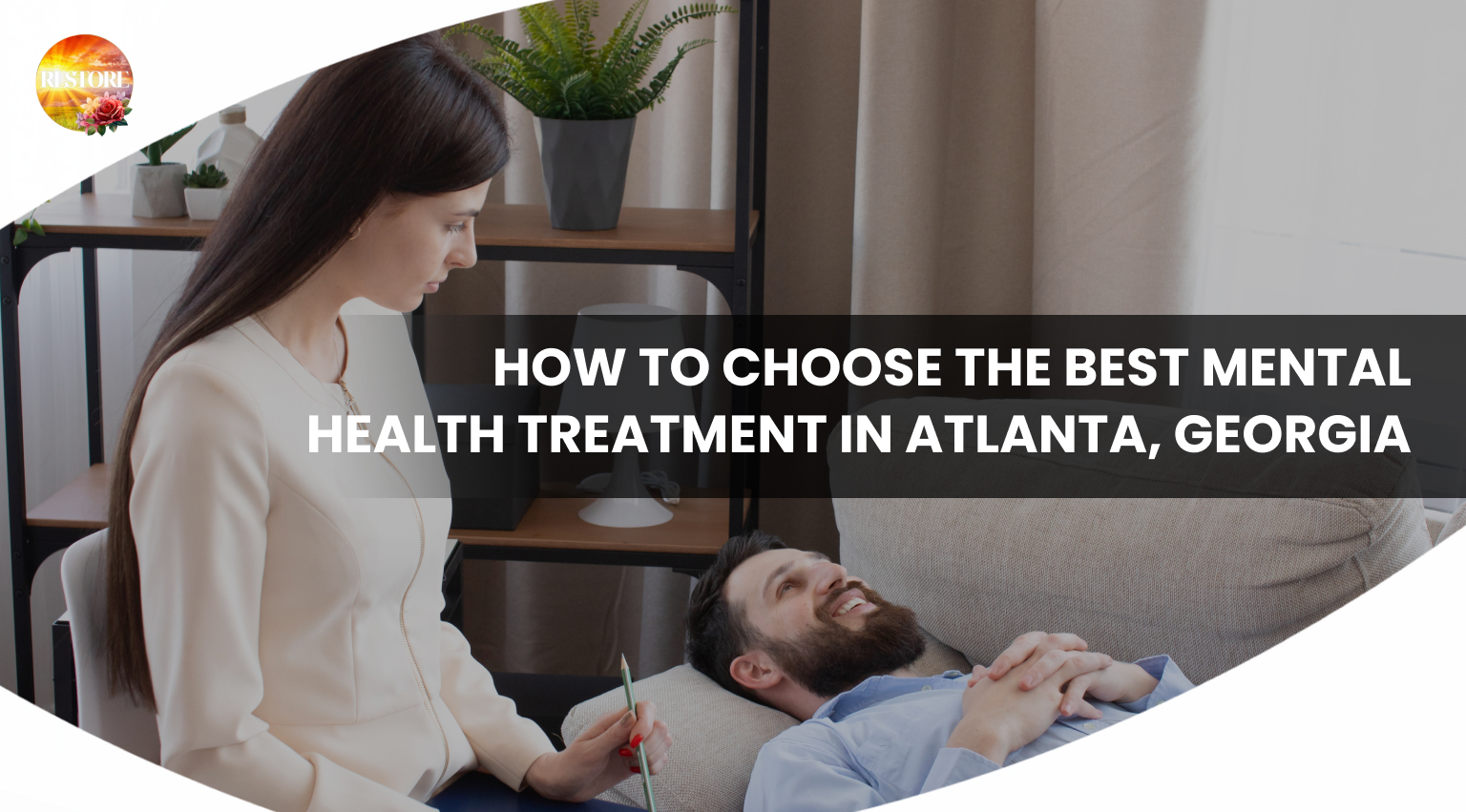

Problems in mental health impact people from all spheres of life. Daily living, relationships, and employment can all be hampered by anxiety, depression, PTSD, bipolar illness, and other disorders. The CDC estimates that Atlanta is not an exception—over one in five Americans annually suffer a mental disease.
Professional, timely assistance can transform a life. For your circumstances, though, how can you decide which Atlanta mental health treatment is best?
Questions yourself:
Knowing your objectives will enable you to match with the appropriate vendor.
Atlanta boasts a variety of mental health professionals and approaches:
Therapists and Counselors
Social workers (LCSWs), psychologists (PhDs), licensed professional counselors (LPCs) Ideal for handling stress, sadness, bereavement, trauma, and relationship problems, offer solo, group, or family treatment.
Psychiatrist
Medical professionals qualified in diagnosis of diseases and prescription writing for drugs.
Usually combined with therapists for thorough treatment.
Outpatient Activities (IOP)
Structured programs providing therapy many times a week are great for those who require more help than weekly therapy but do not call for inpatient treatment.
Residential treatment centers and inpatient hospitals
24/7 treatment for crises, serious illness, or rehabilitation requirements. covers therapy, medical monitoring, and all-encompassing treatment.
Community Mental health Clinics
Offers sliding scale or low-cost services Often conducted under municipal health agencies or non-profits.
Verify always that the facility or supplier is:
Licensed in Georgia, a state
Certified by organizations such as CARF or the Joint Commission (for facilities), specialized in the field of therapy you are looking for—trauma, drug use, children, etc.?
The Georgia Composite Board of Professional Counselors, Social Workers, and Marriage and Family
Atlanta is a big metropolitan area with traffic and travel considerations. Regarding selecting a therapy provider:
To fit many lifestyles, several Atlanta, GA therapists provide in-person and online counseling.
Atlanta boasts a great range of diversity. If you’re looking for a supplier who fits your background or identity, think about:
Treatment results, trust, and communication can all benefit from culturally informed care.
Atlanta’s mental health providers vary in cost. Few pointers:
Always find out whether the provider offers reasonably priced payment schedules or takes your insurance.
Consult reviews on:
Your initial visit serves to assess fit. Think about:
Try another provider if it doesn’t feel right. Therapy cannot be successful without trust and comfort.
Selecting the appropriate mental health treatment in Atlanta, Georgia is a personal path but one you do not have to travel alone. Whether your needs call for weekly treatment, intense assistance, or pharmaceutical management, Atlanta provides an amazing array of experienced experts and services to fit them.
Just as vital as physical wellness is your mental health. Give it priority. Question things. Starting that first step is important.